
David Garrick was an English actor, playwright, theatre manager and producer who influenced nearly all aspects of European theatrical practice throughout the 18th century, and was a pupil and friend of Samuel Johnson. He appeared in a number of amateur theatricals, and with his appearance in the title role of Shakespeare's Richard III, audiences and managers began to take notice.

Colley Cibber was an English actor-manager, playwright and Poet Laureate. His colourful memoir Apology for the Life of Colley Cibber (1740) describes his life in a personal, anecdotal and even rambling style. He wrote 25 plays for his own company at Drury Lane, half of which were adapted from various sources, which led Robert Lowe and Alexander Pope, among others, to criticise his "miserable mutilation" of "crucified Molière [and] hapless Shakespeare".

Susannah Maria Cibber was a celebrated English singer and actress. She was the sister of the composer Thomas Arne. Although she began her career as a soprano, her voice lowered in the early part of her career to that of a true contralto. She was universally admired for her ability to move her audiences emotionally both as an actress and vocalist. Possessing a sweet, expressive, and agile singing voice with a wide vocal range, Cibber was an immensely popular singer, even if at times her voice was criticized for a lack of polished technique. Charles Burney wrote of her singing that "by a natural pathos, and perfect conception of the words, she often penetrated the heart, when others, with infinitely greater voice and skill, could only reach the ear." Cibber was particularly admired by Handel, who wrote numerous parts especially for her including the contralto arias in his 1741 oratorio Messiah, the role of Micah in Samson, the role of Lichas in Hercules and the role of David in Saul among others. In the mid-1730s she began appearing in plays in addition to appearing in operas and oratorios. She became the greatest dramatic actress of the eighteenth-century London stage and at the time of her death was the highest-paid actress in England.

Edmund Kean was a celebrated British Shakespearean stage actor born in England, who performed, among other places, in London, Belfast, New York, Quebec, and Paris. He was known for his short stature, tumultuous personal life, and controversial divorce.
Nahum Tate was an Anglo-Irish poet, hymnist and lyricist, who became Poet Laureate in 1692. Tate is best known for The History of King Lear, his 1681 adaptation of Shakespeare's King Lear, and for his libretto for Henry Purcell's opera, Dido and Aeneas.
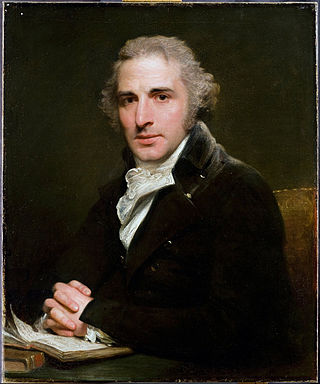
John Philip Kemble was a British actor. He was born into a theatrical family as the eldest son of Roger Kemble, actor-manager of a touring troupe. His elder sister Sarah Siddons achieved fame with him on the stage of the Theatre Royal, Drury Lane. His other siblings, Charles Kemble, Stephen Kemble, Ann Hatton, and Elizabeth Whitlock, also enjoyed success on the stage.

Thomas Patrick Betterton, the leading male actor and theatre manager during Restoration England, son of an under-cook to King Charles I, was born in London.

Theophilus Cibber was an English actor, playwright, author, and son of the actor-manager Colley Cibber.
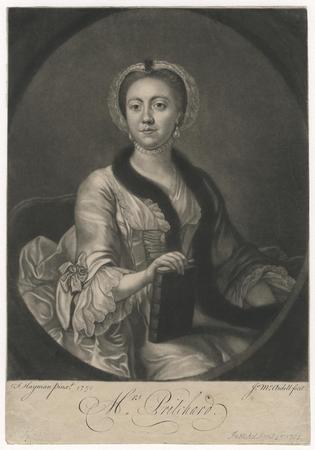
Hannah Pritchard was an English actress who regularly played opposite David Garrick. She performed many significant Shakespearean roles and created on stage many important female roles by contemporary playwrights.

Richard III (1699) is a history play written by Colley Cibber. It is based on William Shakespeare's Richard III, but reworked for Williamite audiences.

Thousands of performances of William Shakespeare's plays have been staged since the end of the 16th century. While Shakespeare was alive, many of his greatest plays were performed by the Lord Chamberlain's Men and King's Men acting companies at the Globe and Blackfriars Theatres. Among the actors of these original performances were Richard Burbage, Richard Cowley, and William Kempe.
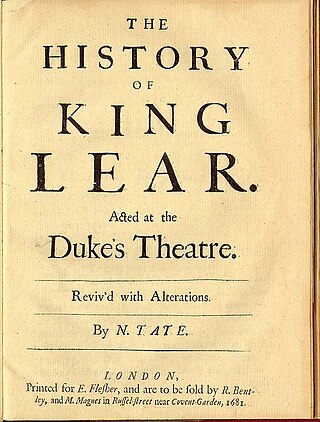
The History of King Lear is an adaptation by Nahum Tate of William Shakespeare's King Lear. It first appeared in 1681, some seventy-five years after Shakespeare's version, and is believed to have replaced Shakespeare's version on the English stage in whole or in part until 1838.

William Creswick was an English actor. A popular tragedian on the London stage, he appeared with many leading actors of his day, including William Charles Macready, Edwin Booth and Fanny Kemble and was well known for his Shakespearean and melodrama roles in Britain, the U.S. and Australia.

John Henderson (1747–1785) was an English actor who played many Shakespearean and other roles. He first acted in Bath, where he was known as "The Bath Roscius", and then in London. Had he not died young he would have been remembered as a worthy successor to David Garrick.

Thomas King (1730–1805) was an English actor, known also as a theatre manager and dramatist.
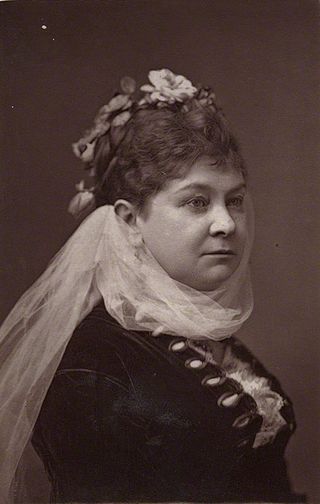
Jane Elizabeth Vezin was a British actress.
John Lee (1725–1781) was an English actor and manager of plays.
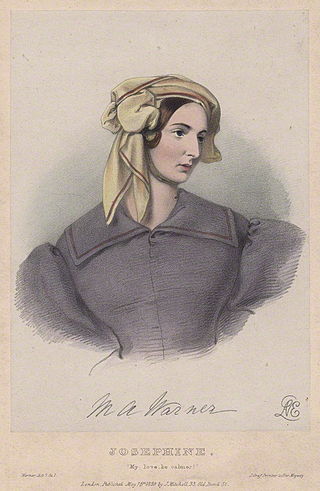
Mary Amelia Warner, best known by her stage name Mrs Warner, was an English actress and theatre manager.

William Wyatt Dimond was an actor and theatre manager of the late 18th-century whose career was largely based in Bath in Somerset.
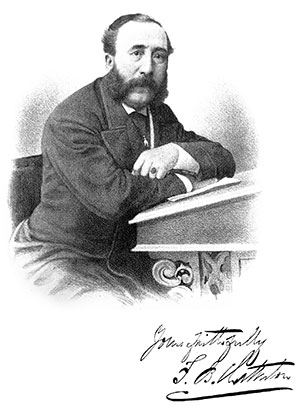
Frederick Balsir Chatterton, known as F. B. Chatterton was a 19th-century British theatre manager and impresario who was lessee of the Theatre Royal in London's Drury Lane from 1866 to 1879. He is credited with originating the famous quote, "Shakespeare spelt ruin and Byron bankruptcy".




















